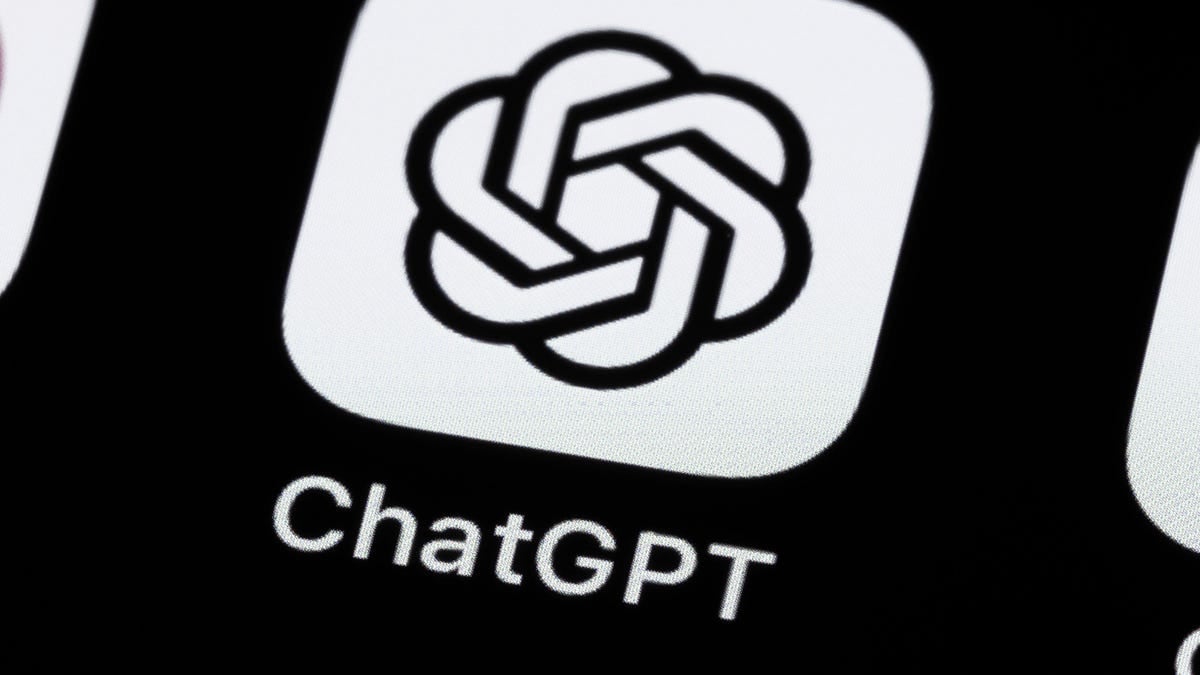The research from Purdue University, first spotted by news outlet Futurism, was presented earlier this month at the Computer-Human Interaction Conference in Hawaii and looked at 517 programming questions on Stack Overflow that were then fed to ChatGPT.
“Our analysis shows that 52% of ChatGPT answers contain incorrect information and 77% are verbose,” the new study explained. “Nonetheless, our user study participants still preferred ChatGPT answers 35% of the time due to their comprehensiveness and well-articulated language style.”
Disturbingly, programmers in the study didn’t always catch the mistakes being produced by the AI chatbot.
“However, they also overlooked the misinformation in the ChatGPT answers 39% of the time,” according to the study. “This implies the need to counter misinformation in ChatGPT answers to programming questions and raise awareness of the risks associated with seemingly correct answers.”



It does but when you input error logs it does pretty good job at finding issues. I tried it out first by making game of snake that plays itself. Took some prompting to get all features I wanted but in the end it worked great in no time. After that I decided to try to make distortion VST3 plugin similar to ZVEX Fuzz Factory guitar pedal. It took lot’s of prompting to get out something that actually builds without error I was quickly able to fix those when I copied the error log to the prompt. After that I kept prompting it further eg. “great, now it works but Gate knob doesn’t seem to do anything and knobs are not centered”.
In the end I got perfectly functional distortion plugin. Haven’t compared it to an actual pedal version yet. Not that AI will just replace us all but it can be truly powerful once you go beyond initial answer.